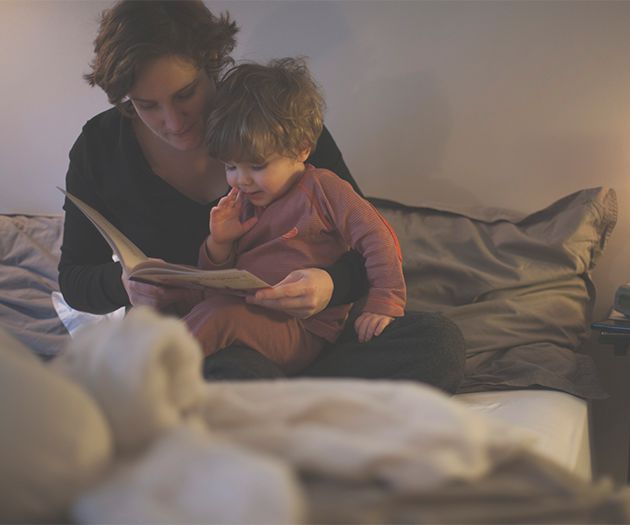At a glance
Give plenty of liquids to any little one suffering from constipation
A high fibre diet can help the bowels keep moving
Warm baths help to calm and distract them
Movement and physical activity help move things along
Although your toddler is growing up fast, their digestive system is still getting used to this new world of food. So, it’s quite normal for occasional tummy troubles like constipation to occur.
Signs of constipation in toddlers
If your toddler is pooing less than three times a week and complaining of a sore tummy they may be suffering from constipation. But it’s important to remember that as they get older, they poo less often and their stools will get bigger and more solid – this is not necessarily constipation.
Common toddler constipation symptoms
- Fewer than three poos in a week.
- Large, hard stools that take a while to push out.
- Poo that looks like rabbit droppings.
- If potty trained, soiled pants could be a sign of overflow soiling.
How to avoid constipation in toddlers
- Make sure your toddler is eating enough fibre – include regular fruits and vegetables, and a variety of wholegrain into their diet.
- Make sure your toddler’s normal fluid intake is a minimum of 3-4 drinks a day, water or diluted fruit juice.
- Being active encourages healthy bowel movement so get your toddler up and moving.
- Avoid suddenly changing your toddler’s usual milk, whether it’s formula or cows’ milk.
How to help constipated toddlers
If you’re concerned about your toddler’s constipation, speak to your health visitor, public health nurse (ROI) or GP for advice. Contact your healthcare professional immediately if your toddler has dry, hard stools as well as fever, vomiting, or blood in their stools. If they’re having accidents or toilet troubles try to stay calm, they’re not doing it on purpose, so it’s important to help them feel at ease around the subject.
Some things you can try in addition to your GP’s advice:
- A warm bath can relax your toddler so the poo may be passed more easily, and bath time play is a great distraction from pain and discomfort.
- Massaging their tummy gently in a clockwise motion can often help.
- Try lying your toddler on their back and moving their legs in a cycling motion to put gentle pressure on the intestine and stimulate bowel movement.
- Don’t use constipation medicine for kids, unless recommended by a doctor.






